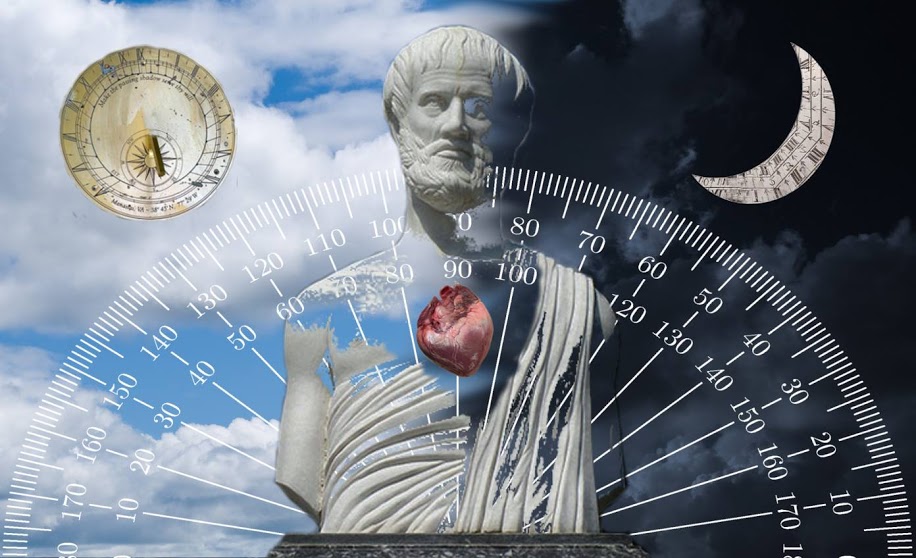
Aristotle
Central to Aristotle’s theory of living well is the notion of wisdom. Knowing what the good life is, and knowing how to achieve it, requires practical wisdom. What is wisdom? According to Aristotle, wisdom involves insight into what is good or bad for a person in a particular situation, and insight into what is required of them in that situation. The wise person doesn’t apply general rules they have learned by rote, but rather uses correct reasoning to identify and achieve virtuous action. Having the insight to be able to consistently act virtuously is the essence of wisdom, and it is essential for living well.
Discussions of wisdom fell out of fashion after the scientific revolution of the 16th and 17th centuries, and with the rise of the modern, individualist, egoist political philosophy. Under this paradigm, the individual is the sole arbiter of what constitutes living well for him or her. If their actions don’t negatively impact on anyone else then no one else has the right or the authority to pass judgement on the quality of their life. There is no privileged viewpoint from which we can say this life is good and that bad; there is only good or bad for me and good or bad for you. Wisdom is therefore afforded no special status; if no lives are objectively better than others then there is no basis to judge the quality of a life.
Elitism
There are other reasons why wisdom, in the Aristotelian sense, became unfashionable with the rise of modern liberal democracies. Wisdom, as was mentioned, cannot be taught; it is not democratic in that sense. As conceived by Aristotle it is inherently elitist, in that it can only be gained through experience, specifically experience of moral reasoning and acting virtuously in the polis. For the Greeks, this meant that wisdom was the sole preserve of the free, well-off males who made up the active political community, which excluded slaves and women. Aristotle’s idea of wisdom was not one that included equality of opportunity.
For these reasons, wisdom is a term we rarely hear used in public discourse today, by politicians or by other commentators. We still use it in private, in uncontentious ways to describe our elderly neighbours and relations. However, as a yardstick by which we assess the worth of public figures it has all but disappeared. While Aristotle’s notion of wisdom is highly problematic as it stands, we seem to be missing something that is both important and valuable when we leave aside questions of wisdom, elitist though it may well be.
Elitism is not necessarily an ill in itself. In a master-slave society, elitism is based on accident of birth. Those born into the aristocracy have dominion over others not based on their abilities and skill, but because of the actions of their ancestors. The injustice of this situation creates instability, with the slaves eventually rising against their masters. In a liberal democracy, however, there is no such tension. As long as the institutions of society are fair and just, an elitism based on talent and ability is justifiable. Obviously our own society is not at this point yet; some gross inequalities persist. However, as long as the progress of democracy is a story of breaking down barriers of class and caste, a task that democracy has proved infinitely more adroit at than any rival system of political organisation, we have a basis for meritocratic elitism.
It is in the context of this sort of elitism that wisdom may be rehabilitated. Unlike in Aristotle’s world, there are no classes or groups of people who are a priori denied the opportunity to attain wisdom. Wisdom is something that can be acquired by anyone. However, as Aristotle says, wisdom requires experience, experience of moral deliberating and experience of action with the political community. Only through thought and action do we gain the insights into what constitutes the good life. Apathy, intellectual laziness, dogmatic rule-following: all these are anathema to the development of wisdom. Talk of wisdom allows us to be prescriptive in our approach to public affairs; it allows us to explicitly incorporate a conception of the good into our policies.
Personal lives
Wisdom also has a role to play in our personal lives, especially in our lives in college. How can we incorporate an appreciation of wisdom into our liberal education system, especially into our universities? Wisdom cannot be taught, but it can perhaps be cultivated under the right conditions. What might these conditions be? Certainly they must not include the vices named above. A university must above provide an environment of openness and engagement. It must allow for individual and collective excellence, for intellectual and moral actualisation. In concrete terms, this means allowing for the interrogation of dogmatic beliefs. An open society demands openness in its educational institutions, an openness which in turn demands engagement from students on these issues. By pursuing goals that reward intellectual curiosity and moral deliberation, universities can provide an environment conducive to the development of virtuous, intellectually honest, and ultimately wise citizens.
Illustration: John Tierney






